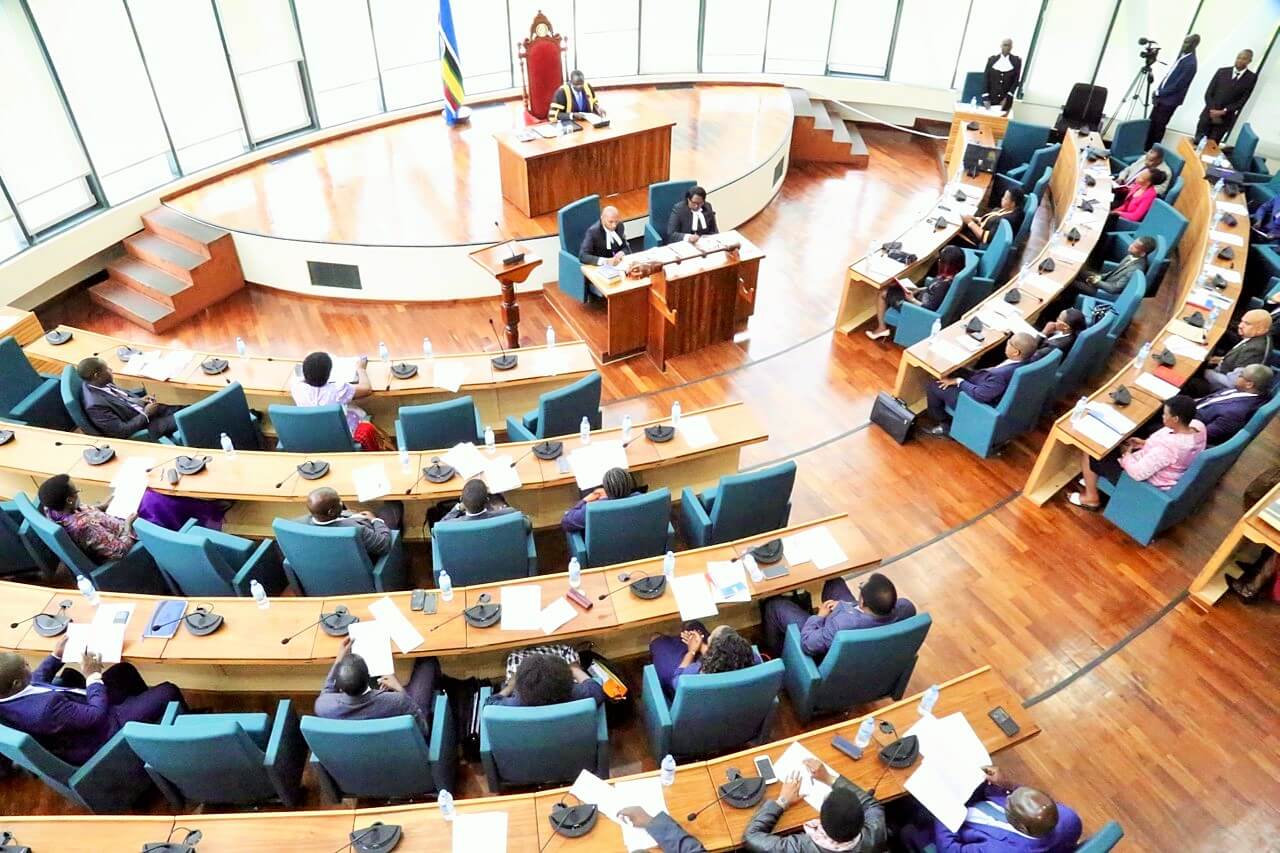
Our Projects are
Transforming African Trade
Quick Contacts
2nd Floor, Fidelity Insurance Centre Waiyaki Way, Westlands

THE East African Community (EAC) Council of Ministers has been tasked to furnish the East African Legislative Assembly (EALA) with comprehensive reports on regular basis about implementation of pillars of integration.
Specifically, the ministers are supposed to inform the august House on each partner state’s status in relation to progress in execution of the Customs Union Protocol and the Common Market Protocol.
The resolution was moved by Dr Abdullah Hasnuu Makame (Tanzania Constituency) and adopted by the House.
It further wants the Council of Ministers to direct all partner states to fully implement the Customs U nion Protocol by June 2020 and the Common Market Protocol, a year later.
The House further urges the Secretary General, (Ambassador Liberat Mfumukeko) to furnish the House with comprehensive reports on the implementation of the Food Security Action Plan, the Climate Change Policy and the Industrialisation Policy and Strategy.
The Council of Ministers is also encouraged to develop Comprehensive Monitoring, Evaluation and Reporting frameworks that would track implementation of major actions to be taken and adopted by the Summit of EAC Heads of State and other organs.
According to Dr Makame, it is only the Customs Union Protocol that has a stipulated Treaty Timeframe under Article 75(7 ), with the Treaty documenting a period of four years in which to conclude it.
He informed the House that, Article 7 7 of the Treaty forecast on the establishment of a Common Market through a Protocol that would be concluded without prescribing a timeframe to achieve that.
“To that end, I am fully aware that the Monetary U nion and Political Federation stages were left to be determined by the Partner States as and when conditions would permit them to do so,” he said.
Dr Makame’s resolution states that the Customs Union Protocol entered into legal force on 1st January 2005, while still under implementation of Article 11 of the Customs Union Protocol regarding Transitional Provisions on the Elimination of Internal Tariffs whose five years’ timeframe was stipulated in the said Protocol.
According to the mover of the resolution, partner states, without considering any comprehensive Monitoring and Evaluation report, constituted a High-Level Task Force to negotiate the EAC Common Market Protocol, which was concluded in 2009 and entered into legal force in July 2010.
During a discussion, Mr Noor Adan Mohammed (Kenya) said there was a need for all organs to move together and to be kept abreast with information.
He said that although they were moving forward and progressing well, they should be kept abreast with the status of implementation of the said protocols.
“It seems there are many challenges with people not being able to move freely or to do business as was envisaged.
We are mandated to do oversight to ensure all institutions are working in order to give real value for money,” he said.
Mr Jean Marie Muhirwa (Burundi) said various interactions during sensitisation exercises had revealed challenges with regard to the free movement of people and goods.
He asked the Assembly to undertake a survey in the region, to ascertain the status of the implementation of the pillars of integration.
Mr Kasamba Mathias from Uganda constituency lauded the efforts and achievements realized so far with regard to the infrastructure on the ground, ports and the borders.
At 20 anniversary of the EAC, he said, it was time to reflect on the achievements and look into the challenges
Disclaimer: The views and opinions expressed in this article are those of the authors and do not necessarily reflect the official policy or position of TradeMark Africa.